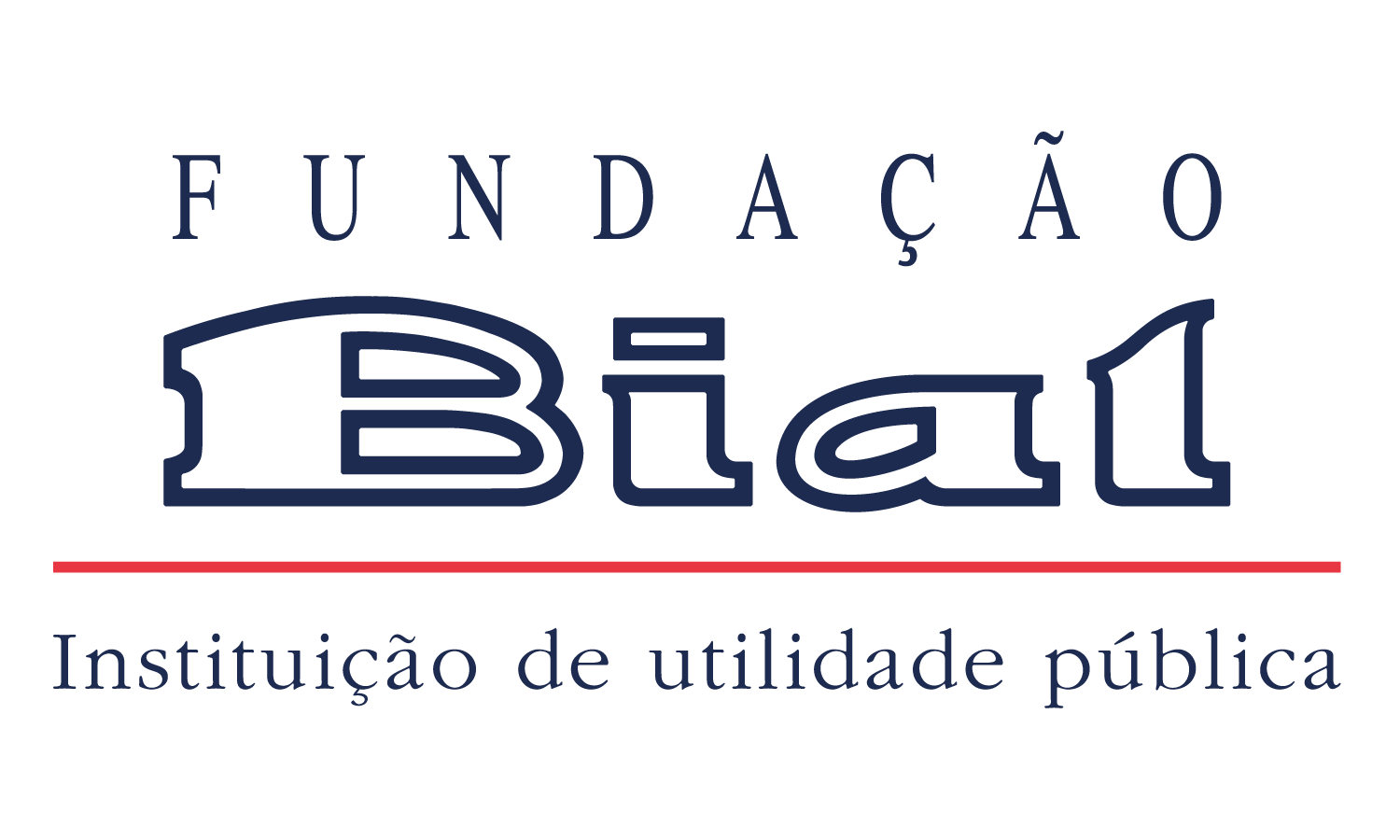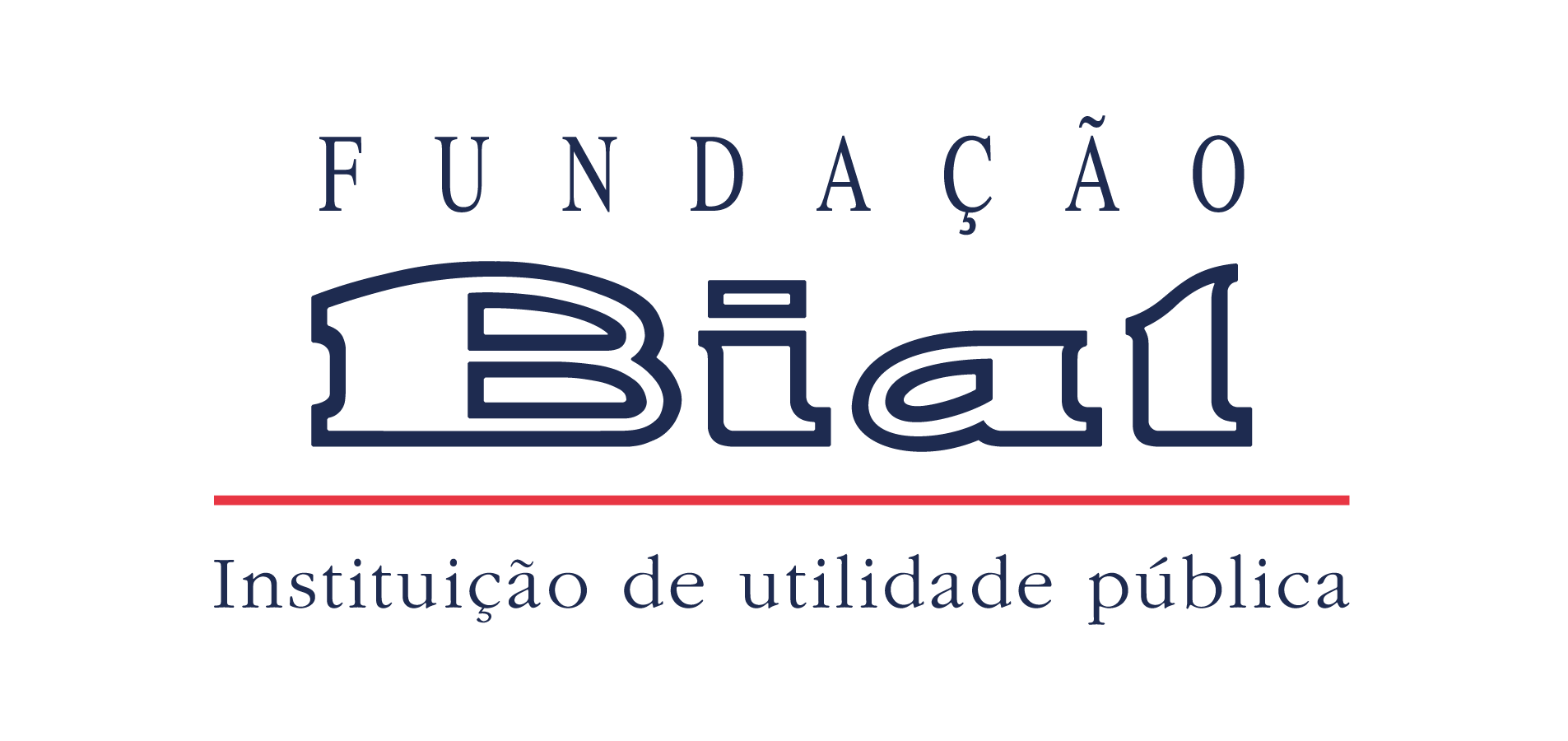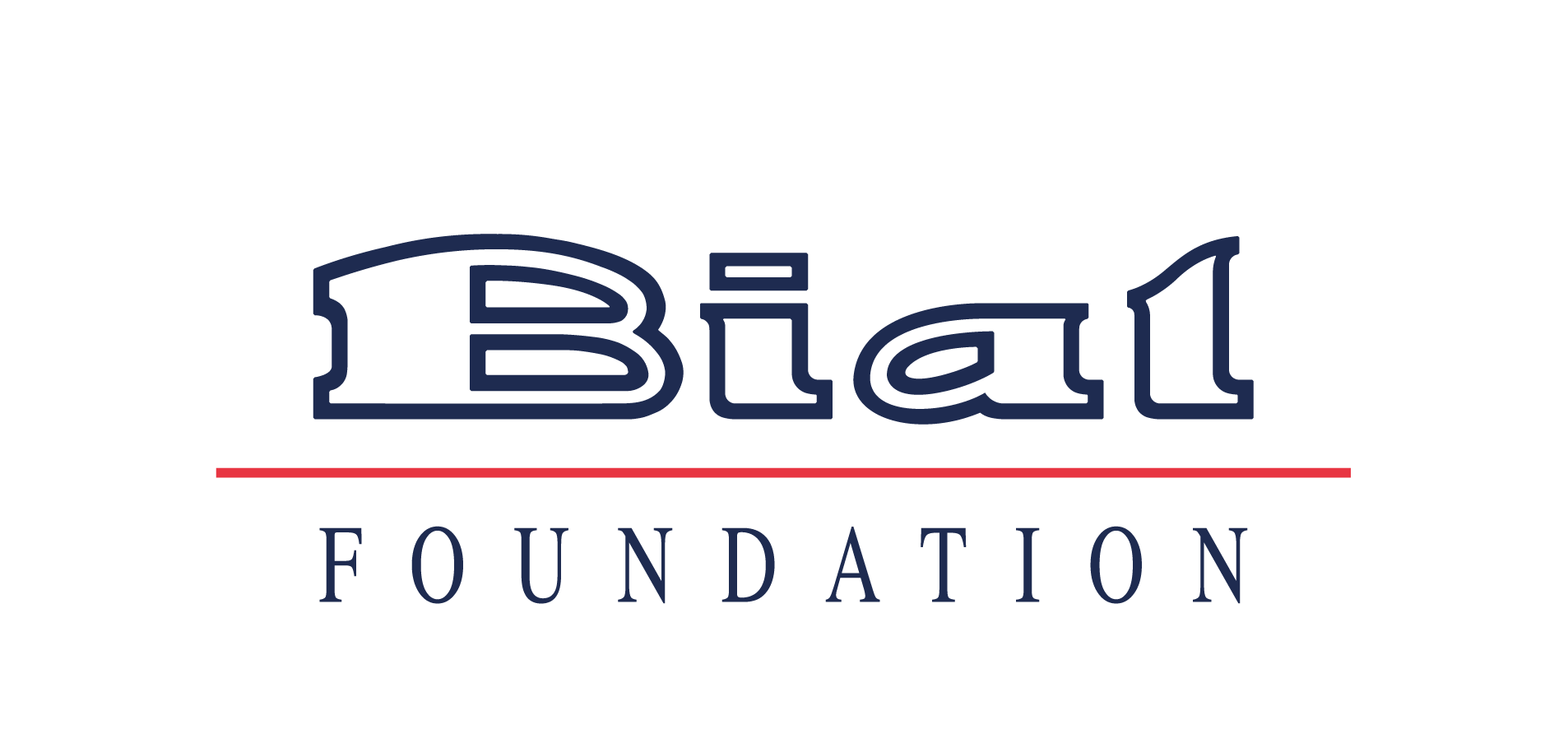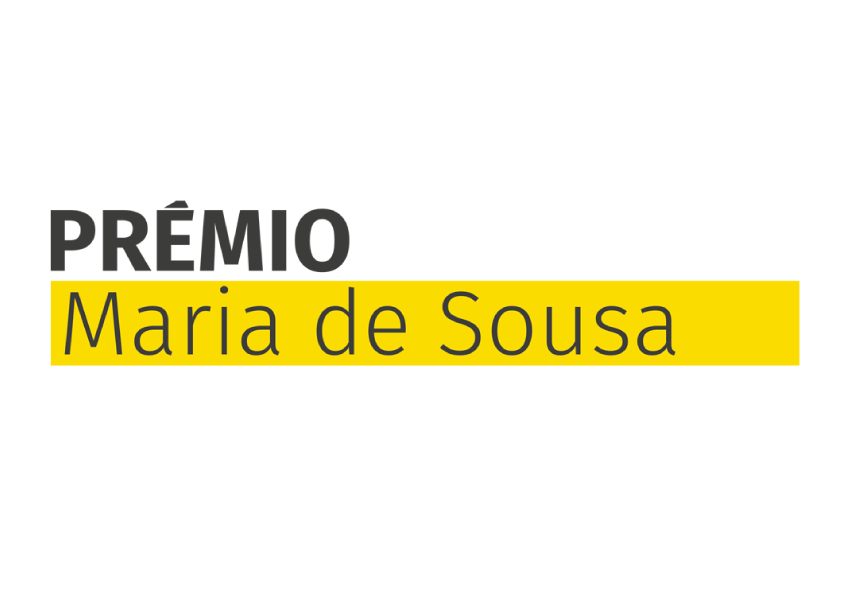Notícias
- Science Stories
- Destaques
- Looking for collaboration
- Links úteis
- Logos
Science Stories
É a concretização da nossa missão. Desde a sua criação a Fundação BIAL já aprovou para financiamento 946 projetos, envolvendo cerca de 1900 investigadores de 31 países. São três décadas de apoios a Projetos de Investigação Científica orientados para o estudo neurofisiológico e mental do ser humano, nas áreas da Psicofisiologia e da Parapsicologia.Conheça as histórias por detrás da ciência.
Science Stories

O seu cão tem competências sociais?
Estudo revela que a visualização do rosto do dono funciona como reforço social positivo para os cães. Conheça resultados intrigantes sobre o “melhor amigo do homem”.
News

As especificidades das experiências de quase-morte
No âmbito projeto de investigação apoiado pela Fundação BIAL “Characterization of “Near-Death Experiences” through the comparison of experiencers and non-experiencers’ particularities: inter-individual differences in cognitive characteristics and susceptibility to false memories” a equipa de investigação da Universidade de Liège liderada por Steven Laureys publicou o artigo The Near-Death Experience Content (NDE-C) scale: Development and psychometric validation na revista Consciousness and Cognition.

Estudo sobre experiências espirituais publicado em “Frontiers in Psychology”
Joseph Glicksohn e Tal Dotan Ben-Soussan, membros da equipa de investigação do projeto 228/14 - Pushing consciousness and selfhood towards their boundaries - An EEG neurophenomenological study, publicaram na revista Frontiers in Psychology um artigo intitulado Immersion, Absorption, and Spiritual Experience: Some Preliminary Findings.
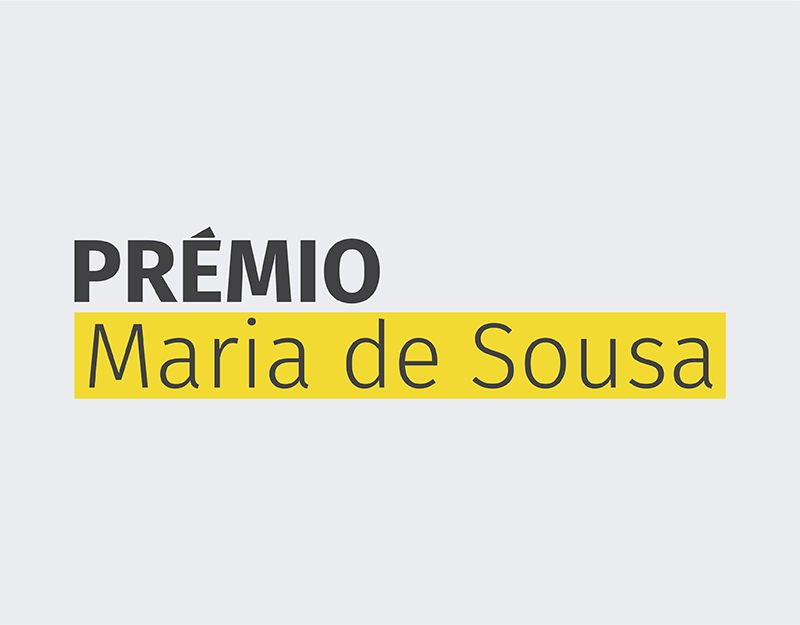
Prémio Maria de Sousa: 25 mil euros para investigadores das ciências da saúde
Porto, 30 novembro 2020 - A terminar o mês em que se assinala o Dia Nacional da Cultura Científica, a Ordem dos Médicos e a Fundação BIAL anunciam o Prémio Maria de Sousa, uma homenagem à médica e grande imunologista, que morreu vítima de Covid-19 em abril passado.
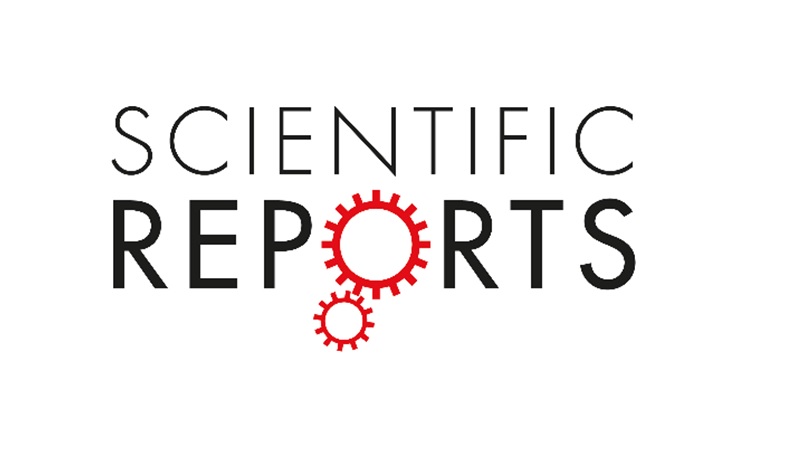
Expressões de medo em cães em análise na revista “Scientific Reports”
Foi publicado o artigo Fear expressions of dogs during New Year fireworks: a video analysis na revista Scientific Reports, no âmbito do projeto de investigação 169/16 - The potential effect of behavioral stimulation on social competence in dogs (via endogenous oxytocin release), financiado pela Fundação BIAL e coordenado por Anna Kis.

Artigo publicado na revista “Cerebral Cortex”
No âmbito projeto de investigação apoiado pela Fundação BIAL 347/18 - Driving synaptic plasticity in motor-to-visual neural pathways to enhance action prediction, a equipa de investigação liderada por Alessio Avenanti publicou o artigo Transcranial magnetic stimulation over the human medial posterior parietal cortex disrupts depth encoding during reach planning na revista Cerebral Cortex.
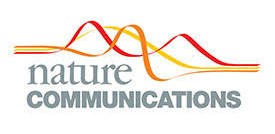
Projeto apoiado pela Fundação BIAL publicado na revista “Nature Communications”
Zoltan Dienes e Peter Lush, investigadores do projeto “163/18 - Effects of a short-term mindfulness intervention on hypnotisability and mental health”, financiado pela Fundação BIAL, publicaram o artigo Trait phenomenological control predicts experience of mirror synaesthesia and the rubber hand illusion na prestigiada revista Nature Communications.
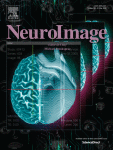
Resultados de projeto apoiado pela Fundação BIAL apresentados na revista “NeuroImage”
Foi publicado o artigo Face space representations of movement na revista NeuroImage, no âmbito do projeto de investigação 27/16 - How do brains encode the distinctive movements of facial expressions?, financiado pela Fundação BIAL e coordenado por Nicholas Furl.
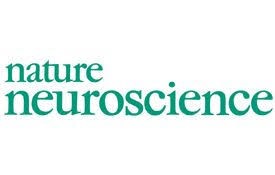
Artigo publicado na revista “Nature Neuroscience”
No âmbito projeto de investigação apoiado pela Fundação BIAL 356/18 - Neural mechanisms underlying unconscious working memory, Albert Compte e colaboradores publicaram o artigo Interplay between persistent activity and activity-silent dynamics in the prefrontal cortex underlies serial biases in working memory na revista Nature Neuroscience.

Projeto apoiado pela Fundação BIAL publicado na revista “Scientific Reports”
Adriana Sampaio, investigadora principal do projeto “286/16 - Getting the aging brain to train: A working memory and neurostimulation approach”, financiado pela Fundação BIAL, publicou na revista Scientific Reports o artigo Probing the relationship between late endogenous ERP components with fluid intelligence in healthy older adults.
Looking for collaboration

The quest of physiological markers for the experience of pain
Researcher: Elia Valentini - Department of Psychology & Centre for Brain Science, University of Essex Summary: The aim of this project is to improve measurement of the human experience of pain by investigating a combination of psychophysical and physiological responses during mild noxious stimulation. More specifically, we want to investigate how sensitive and specific to pain the brain oscillatory responses are. We use EEG as the main technique, but we are keen to collaborate with neuroscientists using fMRI, autonomic measures and brain stimulation as well as with computational neuroscientists. A clinical collaborator would also be very much welcome.

EEG investigation of hypnosis and decision-making
Researcher: Rinaldo Livio Perri - University Niccolò Cusano Rome, Italy Summary: I work in the field of hypnosis and cognitive neuroscience. In particular, I adopt the event-related potentials (ERPs) to investigate the effect of the hypnotic suggestions on sensory processing and cognitive performance. I am an expert in decision-making and proactive brain processes before the stimulus administration (e.g., the perceptual, prefrontal and premotor readiness during the expectancy stage). I could help colleagues to properly analyze the ERP signal in the pre-stimulus stage of processing. Also, I would be happy to share my EEG data for re-analyzing them in the frequency domain (e.g., wavelet or coherence analysis in the hypnosis research). Feel free to contact me for any question! More information on my papers: https://scholar.google.it/citations?user=-8e_V64AAAAJ&hl=it Possible collaborations: neuroscientist with experience in the EEG frequency analysis Email: perri.rinaldo@gmail.com

Transparent Psi Project - looking for collaborators
Summary: We are running a fully transparent, expert consensus-base multilab replication of Bem’s (2011) experiment 1. The project features state of the art methods to maximize transparency and study integrity. The study involves a computerized experiment taking about 20 minutes per session. Group testing is possible in a computer lab, no specialized equipment needed. Labs are expected to recruit at least 100 participants. Participants will be exposed to images with explicit erotic/sexual content in the experiment. No financial compensation is required for the participants. Data collection is expected to take place in the 2020 fall semester. Every material is provided for ethics/IRB submissions and data collection in English (translation of materials might be necessary by the collaborators). The study is pre-registered and the manuscript is accepted in principle for publication in the journal Royal Society Open Science. All collaborators who meet the minimum sample size criterion will get authorship on this paper reporting the results of the replication study. More information in the preprint: https://psyarxiv.com/uwk7y/ Indicate interest in the collaboration via the following form: https://tinyurl.com/tpp-labs With any question contact the lead investigator: Dr. Zoltan Kekecs, kekecs.zoltan@gmail.com

Cognitive control and learning
Researcher: Ignacio Obeso, Ph.D. / CINAC - HM Puerta del Sur Summary: The aim of our projects is to understand the behavioral and neural mechanisms used to learn how humans establish adaptive behaviour in changing contexts. More specifically, we want to decipher how stopping abilities are initially learned and later executed under automatic control. We use task-related fMRI, brain stimulation and clinical models to test our predictions in laboratory settings as well as online home-based paradigms. Possible collaborations: computational scientist Email contact: i.obesomartin@gmail.com https://iobesomartin.wixsite.com/cognitivecontrol
Veja aqui links de Fundações, Organizações, Sociedades e outros que lhe podem interessar.
- BrainFacts.org
- Cognitive Neuroscience Society
- Dana Foundation
- European Brain Council
- European Society for Cognitive and Affective Neuroscience (ESCAN)
- Federation of European Neuroscience Societies (FENS)
- Human Brain Project
- IANDS International Association for Near-Death Studies
- Institut Métapsychique International (IMI)
- Instituto de Psicologia Paranormal
- International Behavioral Neuroscience Society (IBNS)
- International Brain Research Organization
- IONS Institute of Noetic Sciences
- Kavli Foundation
- Koestler Parapsychology Unit
- Open Sciences
- Organization for Human Brain Mapping (OHBM)
- Parapsychological Association
- Psi Encyclopedia
- Rhine Research Center
- Sociedade Portuguesa de Neurociências
- Sociedade Portuguesa de Neurologia
- Society for Neuroscience
- Society for Psychical Research
- Society for Scientific Exploration (SSE)
- World Federation of Neurology

